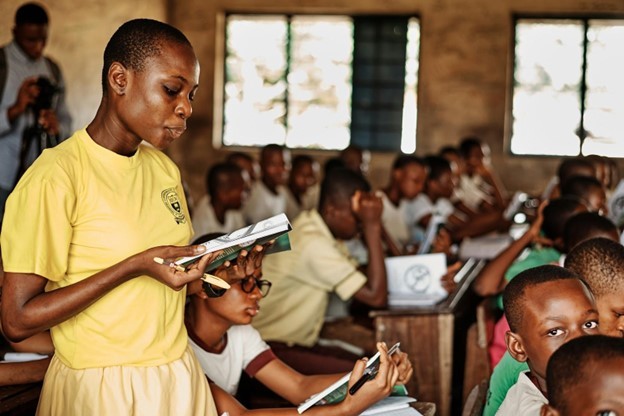
Remembering the Sharpeville Massacre: Protecting the Rights of Child Migrants in South Africa
As we commemorate Human Rights Day in South Africa, we remember the tragic events of the Sharpeville massacre on March 21, 1960. On that day, police opened fire on a crowd of protesters, killing 249 people, including 29 children (Lodge, 2011). Today, we honor the memories of those child victims by reflecting on the progress of children's rights in South Africa, particularly for child migrants.
The concept of children's rights has evolved significantly over the years. In 1924, the League of Nations adopted the Geneva Declaration on the Rights of the Child, which identified the unique rights of children for the first time. The declaration emphasized that "mankind owes to the Child the best that it has to give" and outlined five fundamental needs of children: the means requisite for its normal development, assistance, priority in times of distress, protection against exploitation and consciousness for the need to further the development of humanity.
In the decades that followed, the United Nations played a crucial role in advancing children's rights. In 1946, the United Nations International Children's Fund (UNICEF) was established, and in 1959, the United Nations General Assembly adopted the Declaration of the Rights of the Child. The Convention on the Rights of the Child, adopted in 1989, further solidified the rights of children, outlining 41 articles that emphasize the importance of protecting children's rights.
In South Africa, the Bill of Rights, implemented in 1994, emphasizes the state's commitment to protecting and developing the rights of children. The document states that "a child's interests are the most important consideration in any matter concerning the child." However, despite these commitments, many child migrants in South Africa continue to face significant challenges in accessing their rights.
According to UNICEF's 2020 Data Snapshot, there are over 642,000 migrant or displaced children living in South Africa, making it the country with the largest child migrant population on the continent. Many of these children face significant barriers in accessing essential services like healthcare, education, and social welfare.
One of the most pressing issues facing child migrants in South Africa is the lack of documentation. Many migrant children born in South Africa are denied access to birth certificates, increasing their risk of becoming stateless. This lack of documentation also limits their access to essential services and puts them at risk of arrest when they reach the age of majority.
While observing Human Rights Day in South Africa, we must remember the 29 child victims of the Sharpeville massacre and recommit ourselves to protecting the rights of all children, including child migrants. We urge the South African government to take concrete steps to address the challenges facing child migrants, including ensuring access to documentation, education, and essential services. Only by working together can we create a society that truly values and protects the rights of all children.
- Photo by Emmanuel Ikwuegbu on Unsplash
References
- Lodge, Tom (2011). Sharpeville: an apartheid massacre and its consequences. The making of the modern world. Oxford New York: Oxford University Press. ISBN 978-0-19-280185-2.
- Geneva Declaration of the Rights of the Child of 1924, Humanium https://www.humanium.org/en/text-2/
- Convention on the Rights of Children, OHCHR
https://www.ohchr.org/sites/default/files/crc.pdf
- Data Snapshot of Migrant and Displayed Children in Africa: 2024 Update, UNICEF https://data.unicef.org/wp-content/uploads/2024/12/Data-snapshot-of-migrant-and-displaced-children-in-Africa-2024.pdf
- Situation Analysis of Children and Adolescents in South Africa 2024 Report, UNICEF https://www.unicef.org/southafrica/media/10731/file/ZAF-UNICEF-situation-analysis-children-adolescents-SA-2024-summary.pdf
Categories:
Tags:

